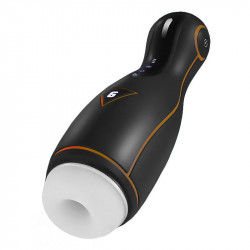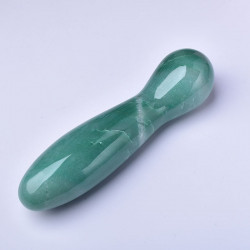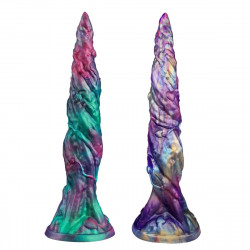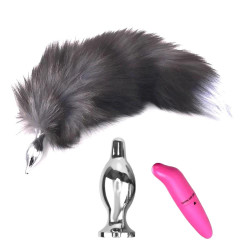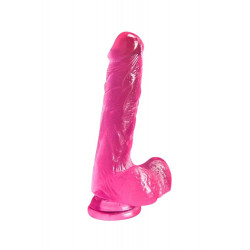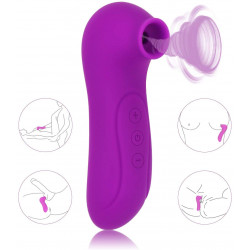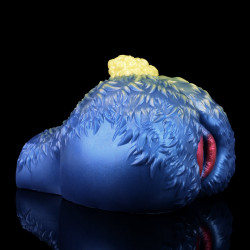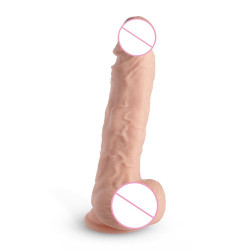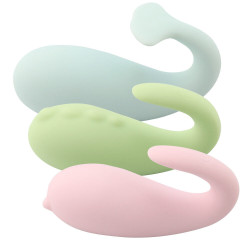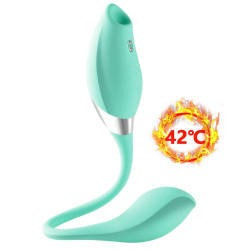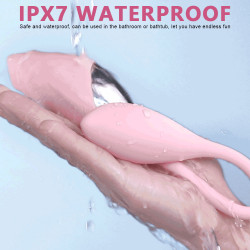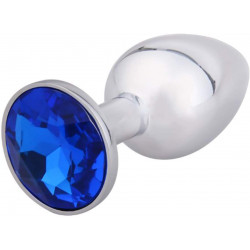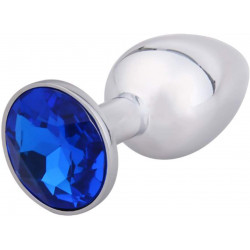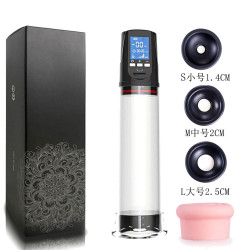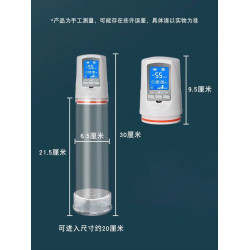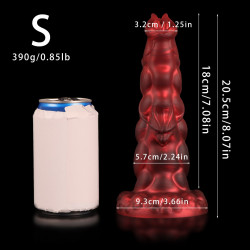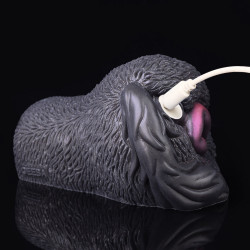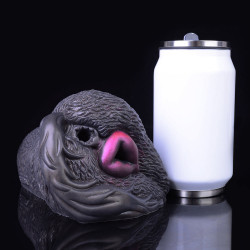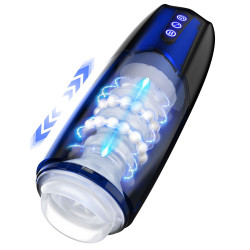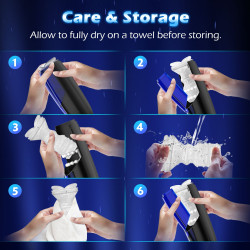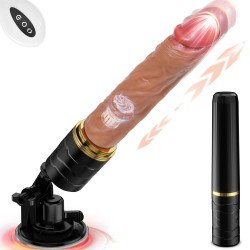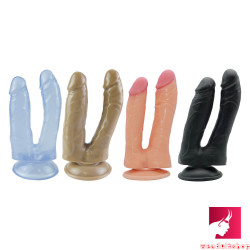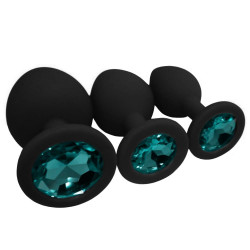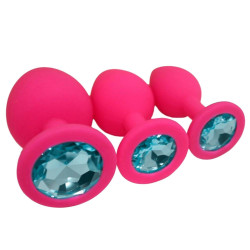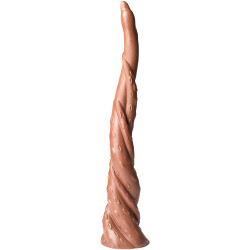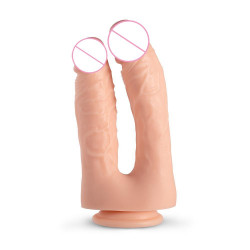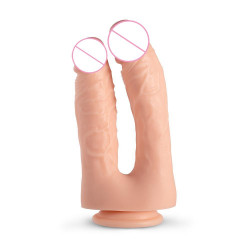
The Truth about Glycerin
In the world of lubricants, the discussion of glycerin is out of control. This particular chemical is the subject of a great deal of false information. Bloggers, social media experts, self-styled "experts," or "sociologists" frequently associate glycerin with "poison," "harsh chemicals," or "sugar," all of which are things that should never be consumed. Lubricants and the many people who use them have suffered dramatically as a result of this.
A typical ingredient in many vaginal products is glycerin. Glycerin is a humectant that is made especially to assist in maintaining moisture, despite the fact that some experts have categorized it as a drying agent. It is frequently found in a variety of sexual lubricants, particularly those that have warming or other tastes or additives.
Some people might believe that using a product that contains glycerin increases their risk of contracting bacterial vaginosis or yeast infections. To ascertain whether a connection exists, more scientific evidence is required. There aren't enough human trials, despite some animal-based research suggesting that glycerin may affect the vaginal and rectal mucosa of animals.
There is a widespread misconception that glycerin causes yeast or sexually transmitted illnesses. Hormonal abnormalities and/or recurrent antibiotic use are two of the many causes of vaginal yeast infections. A confluence of multiple risk factors may trigger a possible infection. One of the many risk factors that can result in a yeast infection is glycerin. Using a lubricant that contains glycerin does not guarantee that everyone will get candidiasis. On the other hand, a yeast infection cannot be avoided by using a lubricant free of glycerin.
Glycerin products should be avoided if you have a high risk of developing candida vaginal infections or are prone to them (such as people with uncontrolled diabetes).
In actuality, not all glycerin is made equally. There are numerous varieties. While some are derived from vegetable oil, others are made from animal fat. High-grade, ultra-pure, medical-grade glycerin is an excellent addition to water-based lubricants. Glycerin is natural, long-lasting, and leaves no filmy or crusty behind.
The vagina is not poisoned by glycerin. The presence of impure or low-quality substances sometimes causes the reputation of lubricants to be lousy. The Food and Drug Administration does not regulate the majority of over-the-counter lubricants in the United States.
Not all glycerin is made equal, and many producers don't reveal where their glycerin comes from.
There are studies everywhere that exacerbate the situation. While some may deny any connection, others may attribute infections to glycerin. Despite the product's very high glycerin content, animal research found no discernible alteration in the vaginal flora of rhesus monkeys after using sexual enhancement gel.
In the end, more definitive scientific evidence is required to determine whether glycerin affects your vaginal balance directly or indirectly. Find the finest lubricant folubricants'arning more about its ingredients. Be aware of your body! You have several choices. To realize all of your fantasies in the bedroom, choose the one that makes you feel seductive and flirtatious.


